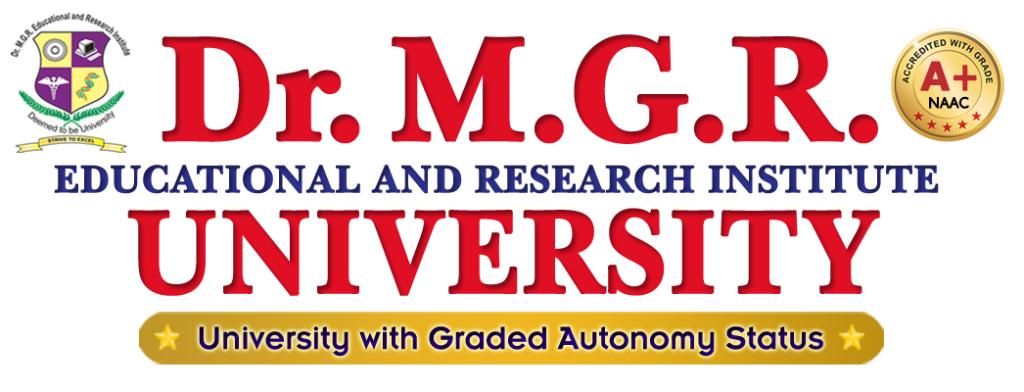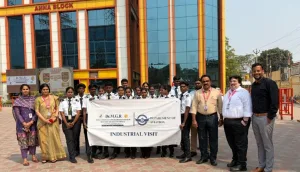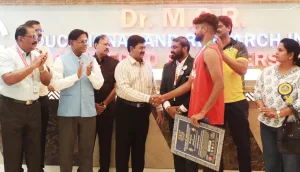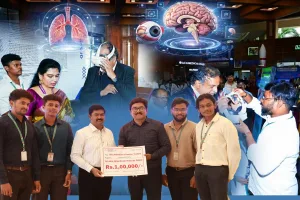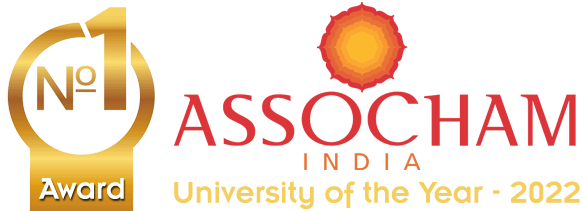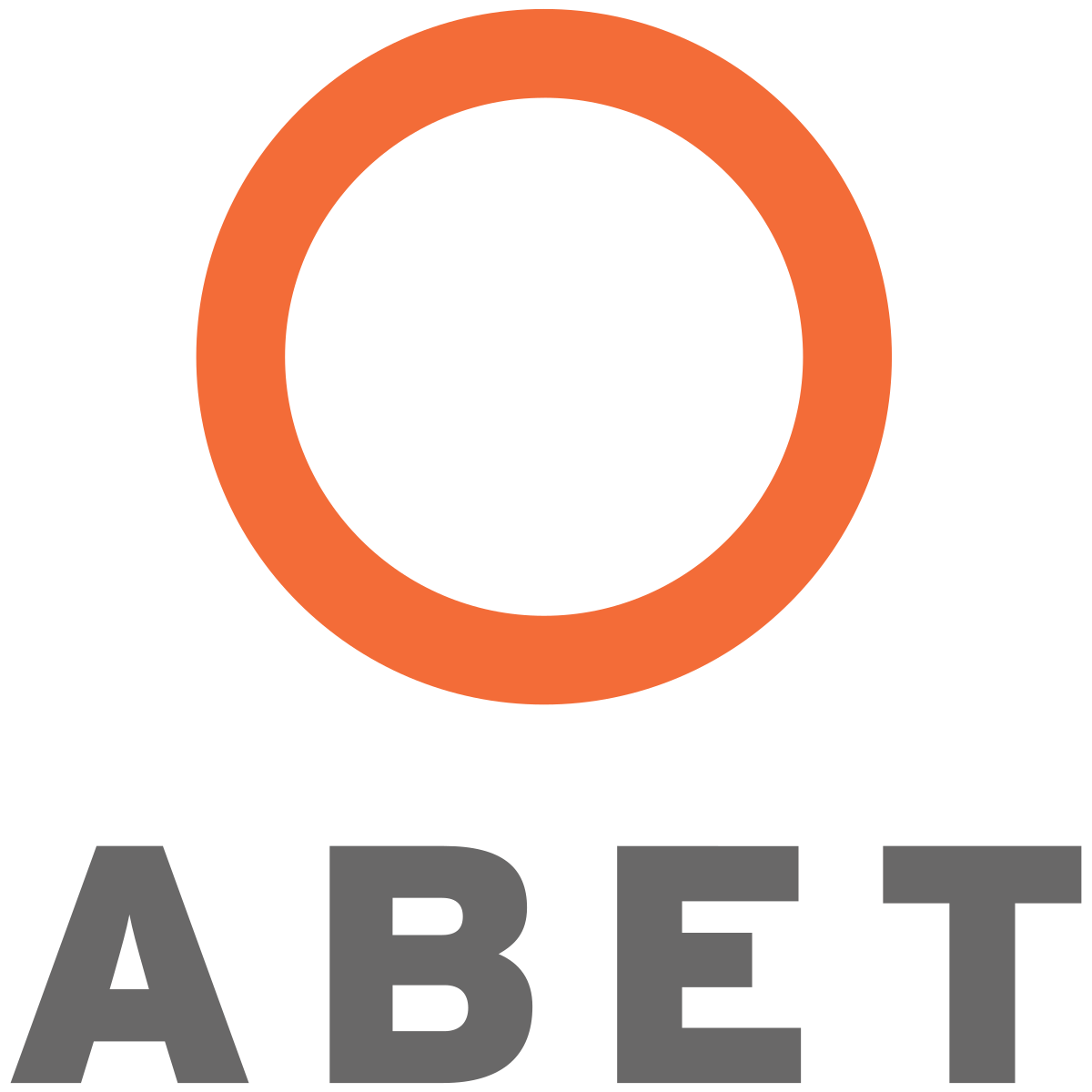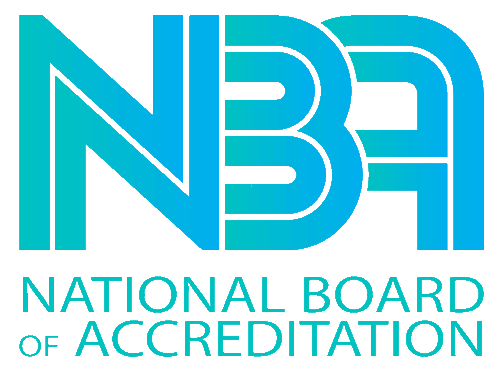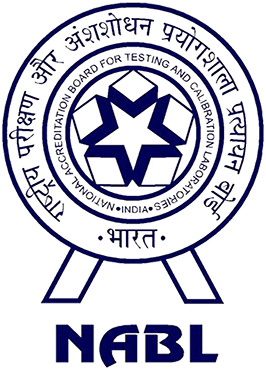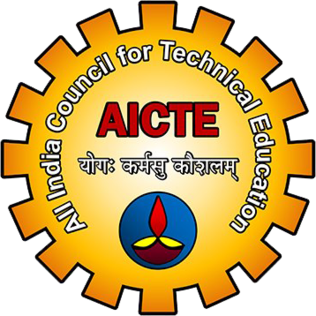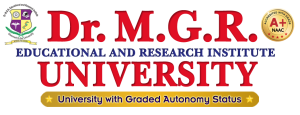
Faculty of
Engineering
32+
180+
50+
40+
Faculty Members
Students Placed
Tier 1 Placed
Student Aboard
Latest News
About the Department
The Department of Artifical Intelligence was started in the year 1988, aims to impart high quality education to post-graduate and under-graduate students as well as to carry out cutting edge technology research on various disciplines of Artifical Intelligence.
The Department is agile, well organized and aligning itself to impart the knowledge needs of current Industrial requirements.
The Programs Offered by the department are
- B.Tech - Computer Science and Engineering (Artificial Intelligence)
The curriculum of programmes has been designed to cater to the ever changing needs and demands of Industry.
Head of the Department,
Department of Artifical Intelligence,
Dr.M.G.R. Educational and Research Institute,
Maduravoyal
Chennai – 600095
Please feel enquiry call us.
Our Social Media Links
Vision
To be a Center of Excellence in Artifical Intelligence that would develop self-sustaining and globally competent Computer Science professionals
Mission
- M1 : Enable students with the state of art technologies and knowledge emerging in the domain of Computer Science and Engineering.
- M2 : Motivate the students to comprehend problems across Inter Disciplinary domains and offer innovative solutions
- M3 : Share and collaborate knowledge across the IT Industries for holistic development of skilled and talented students.
- M4 : Impart the students with Ethical values in engineering practice and human values to make them as good citizens.
Quality Policy
Aimed to provide globally accepted quality in design and effective implementation of AI based education and research by having well defined processes and through continuous improvement in Academic/ Administrative Activities.
National Board of Accreditation (NBA)
Program Educational Objectives (PEO)
- PEO1 : Establish a career in professional software development for Government and private sectors and engage themselves in a Professional, Ethical and Responsible manner
- PEO2 :Successfully pursue Higher Studies in the field of Computing Paradigms, Computer Engineering and Management.
- PEO3 : Cope up with the latest technologies and provide adequate training and involve in the implementation of software products and services based on dynamic requirements of industries.
Program Specific Outcomes (PSO)
- PSO1 : To apply the knowledge and professional skill of theoretical Computer science to provide ethical solutions for real world problems
- PSO2 : To comprehend highly complex engineering problems with the knowledge of basic science and engineering
- PSO3 : To design economic, innovative hardware and software system for various domains.
- PSO4 : To create platforms for secured information sharing and management for engineering or social applications
Program Outcomes (PO)
- PO1: Engineering knowledge: Apply the knowledge of mathematics, science, engineering fundamentals, and an engineering specialization to the solution of complex engineering problems.
- PO2: Problem analysis: Identify, formulate, review research literature, and analyze complex engineering problems reaching substantiated conclusions using first principles of mathematics, natural sciences, and engineering sciences.
- PO3: Design/development of solutions: Design solutions for complex engineering problems and design system components or processes that meet the specified needs with appropriate consideration for the public health and safety, and the cultural, societal, and environmental considerations.
- PO4: Conduct investigations of complex problems: Use research-based knowledge and research methods including design of experiments, analysis and interpretation of data, and synthesis of the information to provide valid conclusions.
- PO5: Modern tool usage: Create, select, and apply appropriate techniques, resources, and modern engineering and IT tools including prediction and modeling to complex engineering activities with an understanding of the limitations.
- PO6: The engineer and society: Apply reasoning informed by the contextual knowledge to assess societal, health, safety, legal and cultural issues and the consequent responsibilities relevant to the professional engineering practice.
- PO7: Environment and sustainability: Understand the impact of the professional engineering solutions in societal and environmental contexts, and demonstrate the knowledge of, and need for sustainable development.
- PO8: Ethics: Apply ethical principles and commit to professional ethics and responsibilities and norms of the engineering practice.
- PO9: Individual and team work: Function effectively as an individual, and as a member or leader in diverse teams, and in multidisciplinary settings.
- PO10: Communication: Communicate effectively on complex engineering activities with the engineering community and with society at large, such as, being able to comprehend and write effective reports and design documentation, make effective presentations, and give and receive clear instructions.
- PO11: Project management and finance: Demonstrate knowledge and understanding of the engineering and management principles and apply these to one's own work, as a member and leader in a team, to manage projects and in multidisciplinary environments.
- PO12: Life-long learning: Recognize the need for, and have the preparation and ability to engage in independent and life-long learning in the broadest context of technological change.
Accreditation Board for Engineering and Technology
Program Educational Objectives (PEO)
- PEO1 : Establish a career in professional software development for Government and private sectors and engage themselves in a Professional, Ethical and Responsible manner
- PEO2 :Successfully pursue Higher Studies in the field of Computing Paradigms, Computer Engineering and Management.
- PEO3 : Cope up with the latest technologies and provide adequate training and involve in the implementation of software products and services based on dynamic requirements of industries.
Student Outcomes - CAC
- Analyze a complex computing problem and to apply principles of computing and other relevant disciplines to identify solutions.
- Design, implement, and evaluate a computing-based solution to meet a given set of computing requirements in the context of the program's discipline.
- Communicate effectively in a variety of professional contexts.
- Recognize professional responsibilities and make informed judgments in computing practice based on legal and ethical principles.
- Function effectively as a member or leader of a team engaged in activities appropriate to the program's discipline.
- Apply computer science theory and software development fundamentals to produce computing-based solutions.
Student Outcomes - EAC
- An ability to identify, formulate, and solve complex engineering problems by applying principles of engineering, science, and mathematics.
- An ability to apply engineering design to produce solutions that meet specified needs with consideration of public health, safety, and welfare, as well as global, cultural, social, environmental, and economic factors.
- An ability to communicate effectively with a range of audiences.
- An ability to recognize ethical and professional responsibilities in engineering situations and make informed judgments, which must consider the impact of engineering solutions in global, economic, environmental, and societal contexts.
- An ability to function effectively on a team whose members together provide leadership, create a collaborative and inclusive environment, establish goals, plan tasks, and meet objectives.
- An ability to develop and conduct appropriate experimentation, analyze and interpret data, and use engineering judgment to draw conclusions.
- An ability to acquire and apply new knowledge as needed, using appropriate learning strategies.
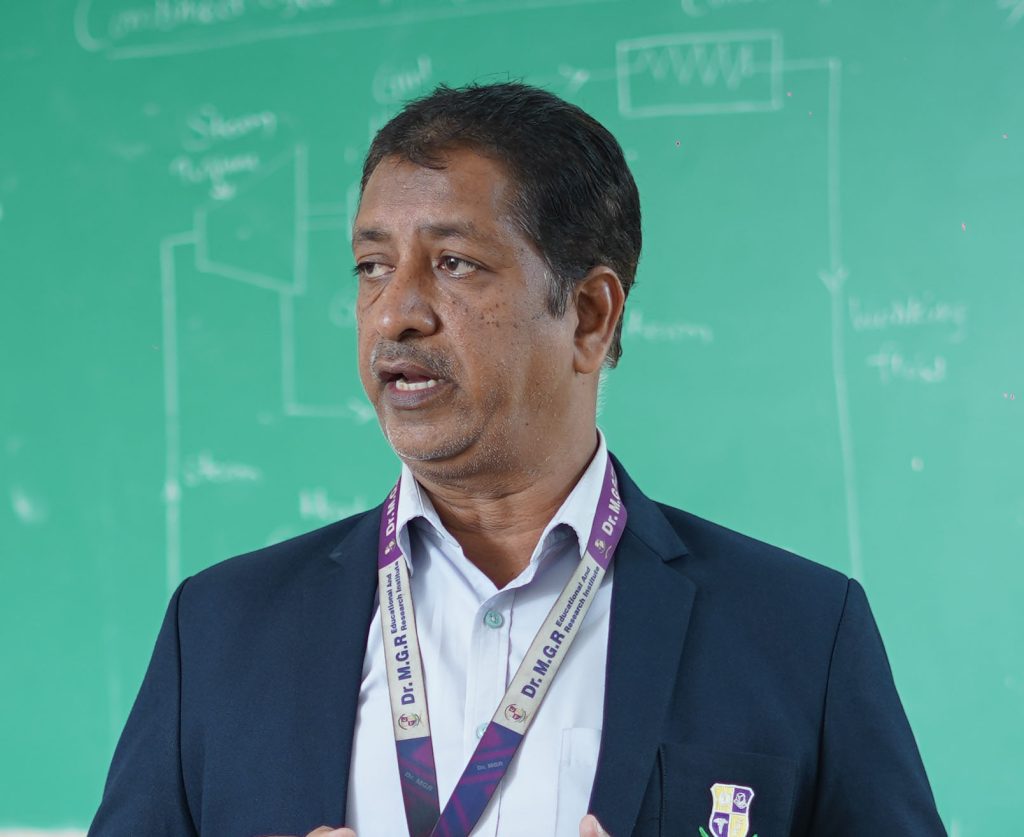
Dr. Ananthan T.V.
M.E, Ph.D
HoD's Desk
A Message
Warm Greetings!
As the Head of the Department of Artificial Intelligence, I am proud to lead a passionate team dedicated to academic excellence, innovation, and impactful research.
Our curriculum focuses on core areas of AI such as machine learning, neural networks, natural language processing, and computer vision, blending theory with real-world applications through hands-on projects and industry engagement.
We foster a research-driven environment where students and faculty explore emerging AI trends and contribute to transformative technologies. Through seminars, workshops, and internships, we prepare students to excel in both academic and industrial landscapes.
We invite students, researchers, and industry partners to join us in advancing the future of Artificial Intelligence.
Research & Development
Research in Artificial Intelligence aims to advance knowledge in intelligent systems, data-driven decision-making, and algorithmic innovation. It tackles complex, interdisciplinary challenges to develop impactful AI models and data solutions that address real-world problems, meeting the evolving needs of industry and society.
Thrust Areas Of Research
- Artificial Intelligence & Machine Learning (AI & ML)
- Data Science & Big Data Analytics
- Image Processing & Computer Vision
- IoT & Human-Computer Interaction (HCI)
- Cryptography & Security
- Algorithms and Complexity Theory
- Computer Graphics and Visualization
Placed
Compaines Visited
Studies
Salary Package
Our Recruiters















